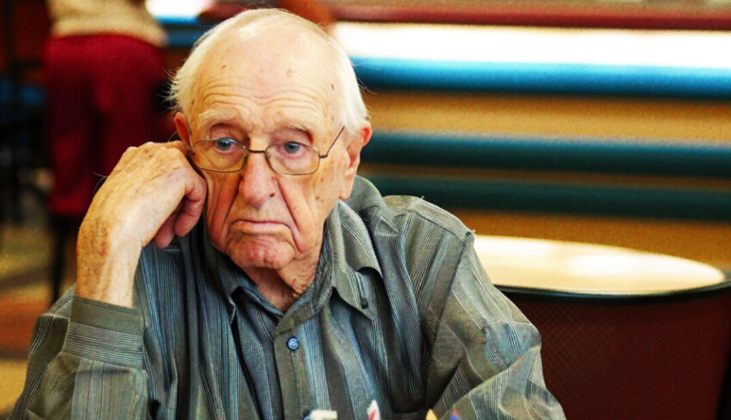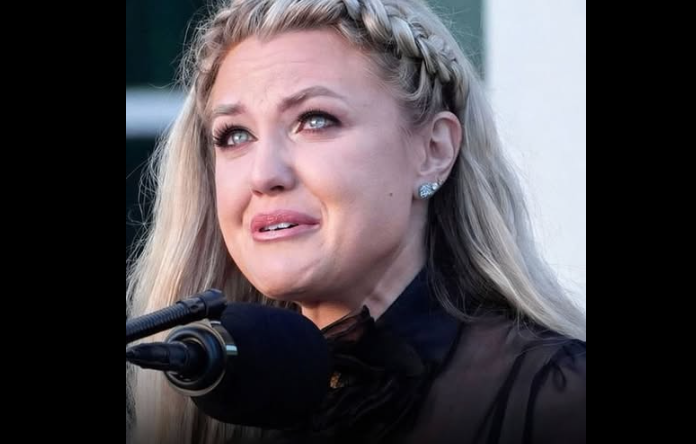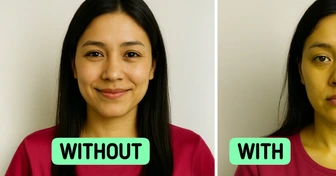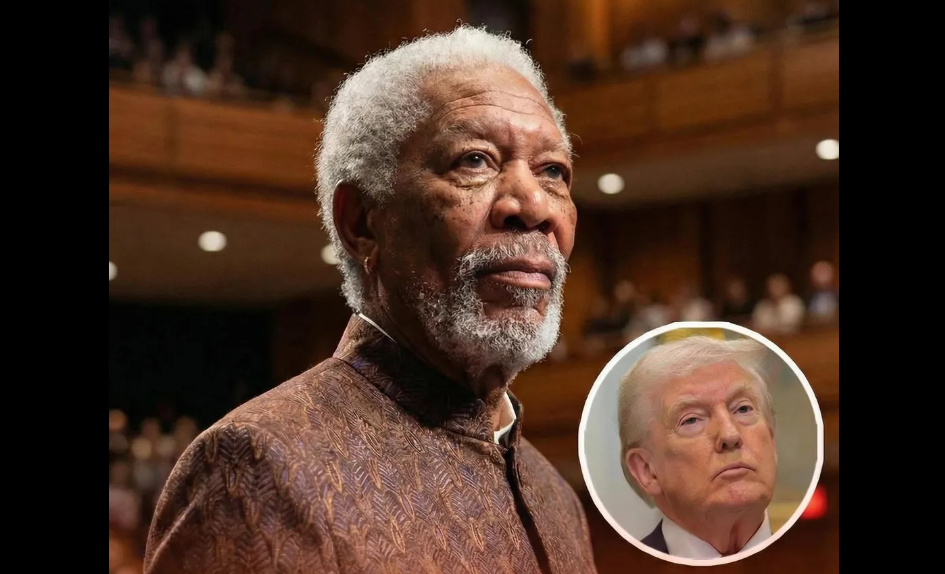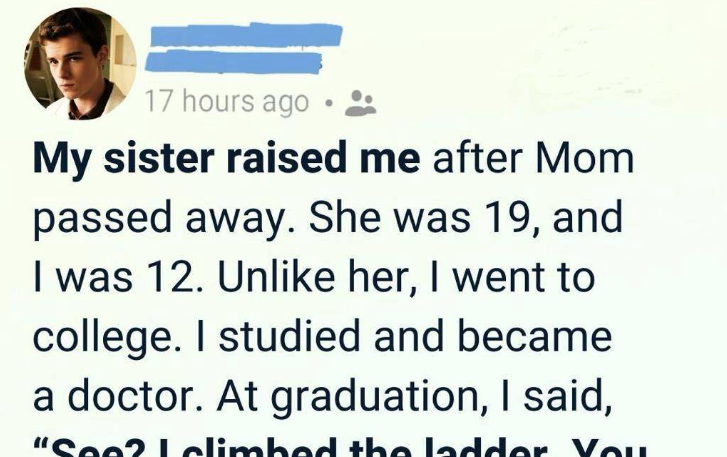Arnold’s 93rd birthday wish was a simple, heartfelt plea: to hear his children’s laughter fill the house once more. He prepared everything—the table set, turkey perfectly roasted, candles lit—waiting for them. Hours crawled by in an aching silence until a knock sounded at the door. But it wasn’t them.
The cottage at the end of Maple Street mirrored its occupant’s wear and tear. Arnold, perched in his timeworn armchair, stroked Joe, his aging tabby, the rhythmic purrs a soothing counterpoint to the stillness. At 92, Arnold’s hands weren’t as steady, but they found comfort in the familiar fur as sunlight filtered through dusty windows, casting memories into long shadows.
“You know what today is, Joe?” Arnold’s voice wavered as he reached for a faded photo album. “Tommy’s birthday. He’d be 42 now.” His trembling hands turned the pages, each snapshot a bittersweet cut. “Here he is, all toothless grin. Mariam baked him that superhero cake he begged for. He hugged her so tight, got frosting all over her dress. She just laughed.”
Five framed photos lined the mantle, frozen moments of a family long gone. Bobby’s gap-toothed grin, Jenny clutching Bella the doll, Michael with his first trophy, Sarah in her graduation gown, and Tommy on his wedding day—images of a time when Arnold’s world was full.
“The house remembers,” Arnold murmured, tracing the pencil marks on the wall where his children’s heights had been measured. Each line carried a memory, a story, a life once shared.
In the kitchen, Mariam’s apron still hung, a silent reminder of love. “Christmas mornings,” Arnold whispered to the emptiness. “Five pairs of feet sneaking down the stairs, and you pretending not to hear them.”
Tuesday afternoons brought the laughter of neighborhood children from next door, but it wasn’t the same. Ben, his neighbor, came bounding over with excitement. “Arnie, both my kids are coming home for Christmas! Sarah’s bringing the twins, and Michael’s flying in from Seattle with his wife.”
Arnold forced a smile, his heart crumbling. “That’s wonderful, Ben.”
Later, at his kitchen table, the rotary phone stared back at him, heavy with the weight of his longing. One by one, he called his children. Jenny was curt, rushing him off the line. The others didn’t answer. Only Tommy picked up, but even he was distracted. Arnold’s voice broke. “I miss you, son. I miss hearing your laugh in this house.”
But Tommy’s reply was rushed. “I’ll call later, Dad.”
The dial tone buzzed, and Arnold sat there, the emptiness enveloping him. “They used to fight over who’d talk to me first, Joe,” he sighed. “Now it’s a chore.”
Two weeks before Christmas, Arnold penned letters to each of his children, pouring his heart into every word, pleading for one last Christmas together. He mailed them with trembling hands, whispering to the postal clerk, “They’ll come this time.”
But on Christmas morning, the silence stretched unbearably. The turkey sat untouched, the candles burned low. Arnold watched through the window as neighbors gathered in their bright, bustling homes. His heart grew heavier with every passing hour. His children weren’t coming.
Then, just as he moved to switch off the porch light, a knock came. Arnold opened the door to a young man with a camera. “I’m Brady,” the stranger said warmly. “I’m making a documentary about Christmas. Can I—”
“There’s nothing here,” Arnold snapped. “Just an old man and a ghost house. Go away.”
But Brady stopped him. “I lost my parents two years ago,” he confessed. “I know what it’s like to wait for laughter that won’t come. No one should spend Christmas alone. Could we… celebrate together?”
Arnold hesitated, but the sincerity in Brady’s voice pierced his defenses. “I have cake,” Arnold said at last. “It’s my birthday too. Come in.”
Brady returned with half the neighborhood in tow. They filled Arnold’s house with warmth, decorating, laughing, and sharing stories. Arnold closed his eyes, made a wish, and blew out the candles, not for his children’s return but for peace in the love he had found around him.
Brady became a fixture in Arnold’s life, a steady presence who listened to stories and shared quiet moments. “You remind me of my son,” Arnold said one day. “But better—you show up.”
Months later, Arnold passed peacefully in his chair, his face serene. Brady found him, the morning light casting a soft glow. At the funeral, Arnold’s children came, too late to reconcile, their grief mingling with regret.
Brady gave a eulogy that honored the man who’d found a family in his neighbors when his own had drifted away. He kept one of Arnold’s last letters, a heartfelt plea to his children for love and forgiveness. It remained unread by them, but not by Brady, who carried its wisdom close to his heart.
Later, Brady fulfilled one last wish: he took Arnold’s walking stick to Paris, carrying the memory of a man whose love transcended loss. As he stood beneath the Eiffel Tower, the cane in hand, he whispered, “Some dreams just need new legs to carry them.”
Back on Maple Street, the little cottage stood quiet, but it wasn’t empty. Memories lingered in its walls, warming it against the winter chill, proof that love, once given, never truly fades.
